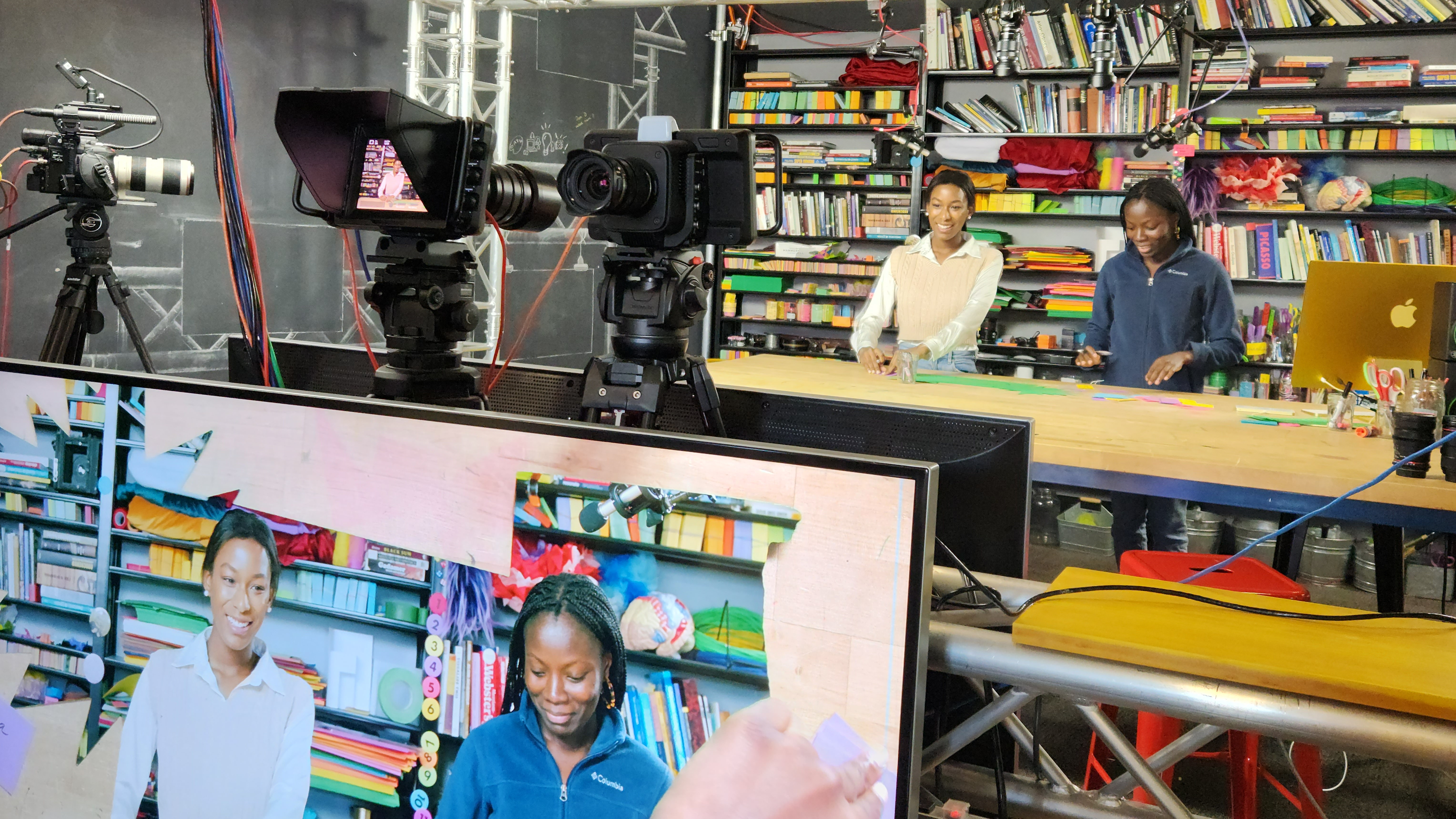The Master of Science in Media, Medicine, and Health draws on mass media, narratives, and the arts to elevate patient and community voices, improve health education, and analyze and enhance evidence-based interventions. The curriculum provides rigorous training in both theories and methods of storytelling and social medicine from Harvard Medical School faculty. The program culminates in a mentored Capstone Project in which students develop a novel media intervention.
Graduates of this program will acquire a wide range of knowledge, analytical, and practical storytelling and media skills (along with networking opportunities and career advising) necessary to create successful and impactful health programs for the multitude of health crises facing our nation and the world. Guest speakers and lecturers will provide valuable networking opportunities in various industries and storytelling modalities.
The Fall Semester
The fall semester focuses on mastering the fundamentals of storytelling modalities and the social medicine approach to health problems. The first semester is Exploration—homing in on a health topic that will become their second semester Capstone Project. Courses include:
- Neal Baer’s course “Storytelling Methods to Promote Health and Well-Being”
- Jason Silverstein's course on "Opinion Writing for Science and Medicine"
- A course on the arts and the social determinants of health
- Electives that include Saeed Jones' memoir course, "Who Do You Think You Are," Ricardo Perez Gonzalez's "Dramatic Writing for Social Change," Mikael Jakobsson (of the MIT Games Lab) course on games and health
The January Intersession
The January intersession term students will take "Illness Narratives" with Suzanne Koven and Ricardo Perez Gonzalez. Students explore the history of medical narratives, the ethical considerations involved in telling the stories of illness, and the power of such stories to promote healing in individuals and society.
The Spring Semester
The Spring Semester is Curation—students will delve more deeply into their specific capstone topic by taking electives to strengthen their font of knowledge; doing extensive reading on their topic in the readings module; and working closely with their mentor on one or more of the storytelling modalities that is useful for their Capstone Project. Courses include:
- Jason Silverstein’s course on readings for media, medicine, and health
- A dedicated course to focus on the development of capstones with Jason Silverstein and the artist-in-residence (Roxane Gay for 2026-2027)
- A course on the fundamentals of visual storytelling
- Electives (including a new elective on memoirs of undocumented immigrants with Jill Damatac for Spring 2027)
The Capstone
The capstone course is the student’s opportunity to craft a public health intervention that represents the culmination of what they have learned in the master’s program. Students will decide on both a storytelling medium (for example, film, creative nonfiction, podcasting, or graphic design) and message (for instance, the opioid epidemic, high rates of HIV infection in Southern cities, racial health disparities and asthma, access to insulin, or preparing for a future pandemic). Students will pitch their mentors on their choice of medium and message and support their choices with reference to the first semester’s lessons on health promotion and using narrative to ignite social change. At the end of the spring semester, students will produce both a written product that contextualizes their capstone and a media component that will be presented or displayed at the end of the program.
Academic Requirements
- Students complete a total of 36 credits for the master of science degree. Of these 36 credits, students take 32 credits from core courses, including 4 credits for the Capstone Project and 4 credits of electives.
- The minimum time to degree for a full-time student is one academic year. A part-time alternative is possible for eligible students. Students in the part-time program complete the degree within two years.
- Enrollment beyond one year require a formal petition and approval of the program leadership.
- Students can find the HMS academic and financial policies in the Master's Student Handbook on the HMS Student Resources page.
Contact Us
If you have additional questions, please email the program at mmh@hms.harvard.edu.

